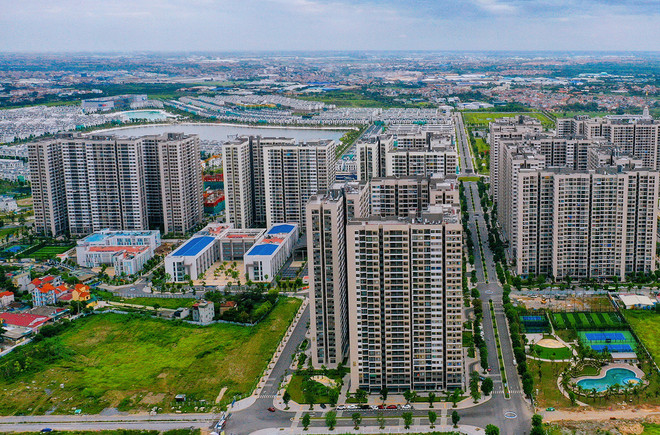Speaking at the workshop on development potential ofVietnam’s real estate market organised by Nha dau tu (Investor) magazine,Nguyen Anh Tuan, deputy head of the Foreign Investment Agency under theMinistry of Planning and Investment, said real estate ranks second in FDIattraction, only after processing and manufacturing.
Among the 48 countries and territories investing inVietnam’s real estate market, Singapore takes the lead, followed by theRepublic of Korea (RoK) and Japan, he added.
Foreign investments have flown into 45 cities andprovinces, of which HCM City accounts for a lion's share with 16 billion USD(24.7%), followed byHanoi, and the southern provinces of Binh Duong and Ba Ria-Vung Tau.
Tuan noted that most foreign investors in real estate are large-scalefirms, and many projects are worth up to billions of US dollars, explaining thatVietnam has advantages in terms of political stability, high economic growth, competitiveproduction cost, abundant workforce, favourable geographical location, open,transparent investment environment, and upgraded infrastructure, among others.
The official noted that over the past 35 years, foreigninvestors have contributed to standardising the Vietnamese real estate market, andbuilding facilities that meet regional and international standards.
Apart from industrial real estate, other segments likehousing and resort have also become a magnet to foreign investors, he added.
Tuan also pointed to issues that are hindering FDIprojects like the complicated legal system and administrative procedures and tightenedcredits and government bond issuance, which he said need to be fixed in thetime ahead.
Joseph Low, president of Keppel Land Vietnam, suggestedVietnam ensure land supply amidst its rapid urbanisation and the growing middleclass, and optimise land in central areas, towards a sustainable real estatesector./.





























